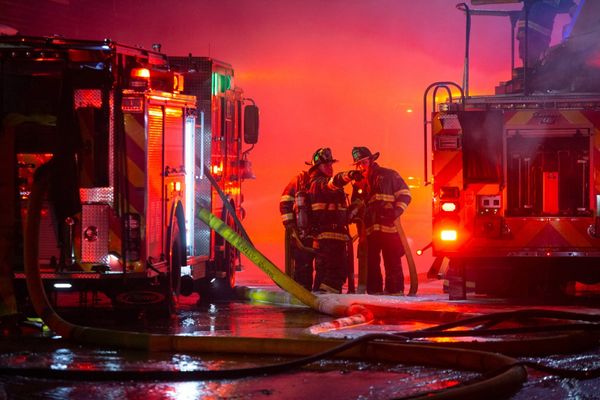
Good morning,
De-conglomeration is a trend of our times. The breakup of GE and spinoffs at IBM and J&J illustrate this new approach. But the new CEO of Honeywell, a veteran of 35 years at the company, is planning to buck the trend. "There’s a strong belief or perception that large companies can’t grow. They can’t innovate," Vimal Kapur told me yesterday. "I want to prove that perception wrong." That’s why this week, just four months after taking the top job, he announced a reorganization of the company around what he called three "megatrends."
1) Automation: Accelerating technological change, labor shortages, and IOT, are all fueling more automation in buildings and factories, and Honeywell provides important equipment for automation processes.
2) Aviation: With travel on the rise post-pandemic, and wars in Europe and the Middle East raising the demand for military aircraft, this looks to be a growth area.
3) The Energy Transition: The move to a low-carbon economy is underway, and Honeywell equipment is an important part of the transition.
The change, he said, is driven less by what is happening at Honeywell, and more by what’s happening in the world. “I want Honeywell to align with these three trends,” Kapur said. Each megatrend is a high-growth vector, and a clearer focus on all three can make Honeywell "a consistent growth company."
I asked him whether he needed a culture reboot to create a growth company. In response, he praised the culture left by his predecessor. "Under Darius (Adamczyk) the focus on operational execution, say/do accountability, has been developed very highly. I want to maintain that.” (It's worth noting that Adamczyk remains Executive Chairman at Honeywell, and had to sign off on the changes.)
Kapur also said that a greater focus on faster-growing regions overseas–he cited India, China, and the Middle East–could help fuel Honeywell’s growth. When I asked how that might be affected by geopolitics–major wars in Europe and the Middle East, and rising tensions around China–he answered:
“The geopolitical circumstances are not getting better. We lost a half billion of revenue in the Ukraine war. The biggest impact for us would be a geopolitical situation in China. We have a big business there–around $2 billion. We are growing at a mid-to-high single-digit rate. We are acting as business as normal. Our customers still want us there. But geopolitical factors don’t help…Our goal is to become catalysts for demonstrating why globalization and trade have to continue.”
Separately, Best Buy CEO Corie Barry took the stage on the final day of the Most Powerful Women Summit. She was asked about a notion I’ve written about here–that being CEO is harder today than it’s ever been.
“My guess is every generation of CEOs has said it’s harder than ever to do. But I do think there is a unique set of challenges that today’s CEO is navigating….The CEO before me left this beautiful array of leadership books in the office that I walked into, and not one of them told me what I’m supposed to do at the start of a pandemic.”
More news below.

Alan Murray
@alansmurray
alan.murray@fortune.com







